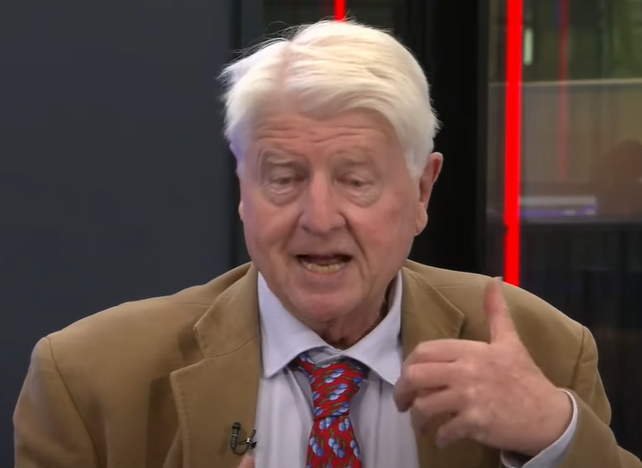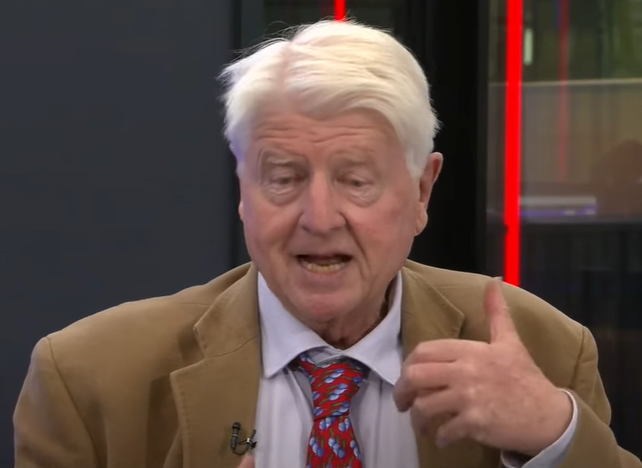Immigrants Seeking Asylum Should Be Allowed To Work- Stanley Johnson, Advocate for immigration Reform (Video)

In a recent interview, Stanley Johnson, a prominent figure and advocate for immigration reform, passionately argues that asylum seekers should be allowed to work. The discussion revolves around the Bibby Stockholm migrants, highlighting the importance of providing these individuals with the opportunity to contribute to society and gain a sense of purpose.
Mr. Johnson begins by emphasizing the absurdity of not allowing asylum seekers to work while their claims are being processed.
He asserts that it is counterproductive and impractical to keep these individuals reliant on the state and taxpayers’ support. Instead, he advocates for a more compassionate and pragmatic approach that allows them to actively participate in the workforce.

Drawing upon personal experiences and historical anecdotes, Johnson points out the invaluable contribution that asylum seekers can make to the country they seek refuge in. He highlights examples of labor shortages, emphasizing that these individuals can help fill the gaps in the workforce, be it in agriculture, hospitality, or other industries.
Johnson acknowledges that some might argue that providing work opportunities could serve as an incentive for more people to make the perilous journey across borders. However, he contends that a more effective deterrent lies in creating a fair and efficient asylum process. By establishing a clear and transparent system for asylum claims, people will be discouraged from attempting to game the system.
The conversation then shifts to the Bibby Stockholm migrants, a group of asylum seekers housed on a barge in Bournemouth, which has sparked both interest and controversy. Johnson praises the community’s generosity in offering these individuals a chance to experience the beauty of the region and participate in activities like boating and harvesting.
Finally, Johnson stresses that allowing asylum seekers to work should not be viewed as a guaranteed change in their asylum status. Rather, it should be seen as an opportunity for them to contribute meaningfully to their new communities, irrespective of the final decision on their claims.




